Almost every day when Hudson is about to walk out the door to go to school, he turns and races back to his room to choose a toy to bring along. We check to see if his name is on it somewhere with masking tape, and then send it on its way. His teachers have mentioned that they’re happy to have the children bring things from home as it often invites conversations about sharing and respecting others’ property, and gives them a chance to practice “problem-solving skills.”
I was reminded of this recently when a friend shared an article, written by Janet Lansbury, about toddlers and sharing: “There are no villains or victims in Toddlerland, just children learning by experimenting with social behaviors.” She describes that claim of “mine” that tends to accompany a quick grab as often being as much or more about social curiosity as about the item in question.
She writes, “Children will often demonstrate that the interaction with another child is what interests them, not the toy itself. This is evident when there are multiples of a certain object available, yet the children are only interested in the one that has ‘heat.’ Soon after the struggle is over, the toy is usually dropped, becomes ‘cold,’ and no one wants it anymore. Children are best left to work these situations out by themselves while the adults ensure that there is no hitting or hurting.”
And she suggests that insisting a child share—an insistence that sometimes even stems from concerns about how we might appear to another parent—is the wrong approach. Just because someone decides they want something you have, you don’t automatically have to hand it over.We would do better to “sportscast” in that situation: for example, “You and Sophie both want that toy.” Because it’s often an adult’s understanding that’s being sought.
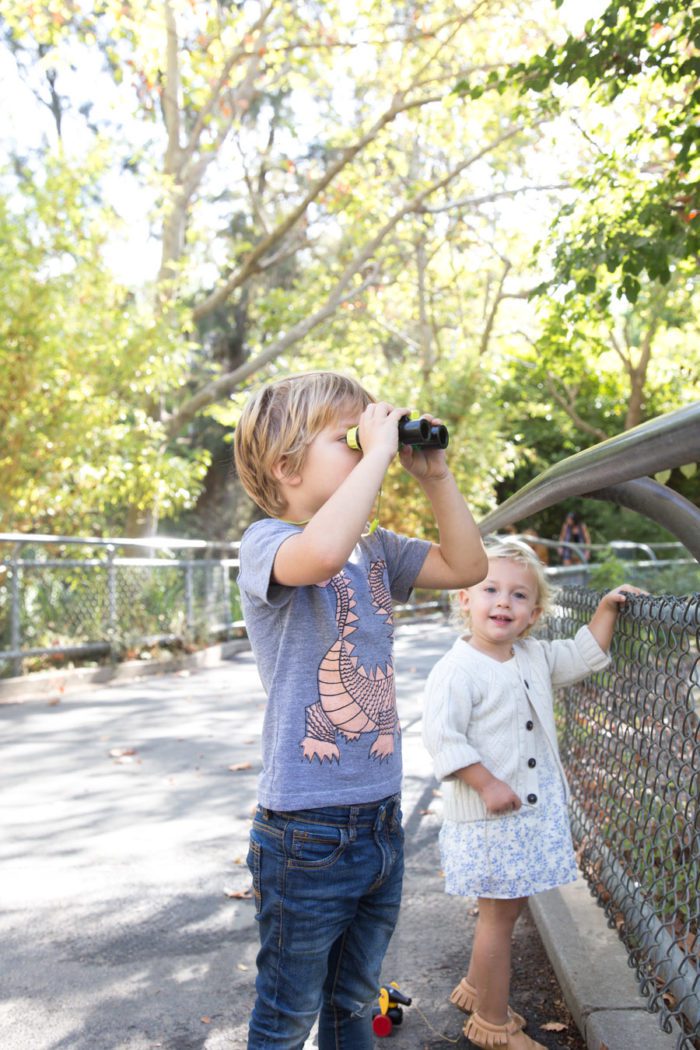
It seems at once so simple and so difficult. In the heat of the moment, the pull to moderate or to say what seems fair, is strong. But I appreciate the goal of communicating trust. I also appreciate the general idea that sharing shouldn’t always be mandatory: children should have the time they need with a toy of their choosing, to engage and play with it, learning and imagining. In theory: they can hand it over for another to have a turn when they’ve finished.
I’ve also read that it’s not until around age three that children do become more capable of sharing; they become interested in having relationships with other children, and have a sense of their own autonomy—both necessary to the concept. From the Growing Child newsletter, “Learning friendly behaviors means learning that the individual must occasionally control one’s wishes to please others.”
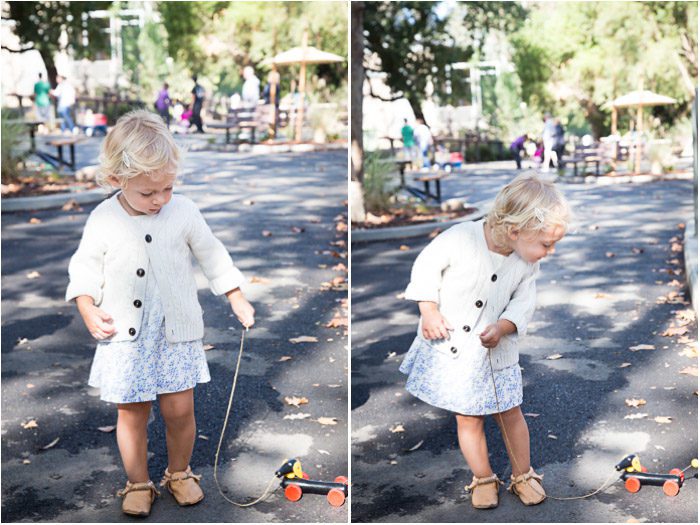
How does this play out in your experience? What are your expectations about sharing?
I find this is becoming more at issue in our home lately because Skyler and Hudson are at difference developmental stages. She has just moved into the land of “mine” and Hudson is trying to set up camp in the land of “fair.”
And here was an interesting case the other day: Skyler has really taken to pulling around a favorite toy dog. Here she is with him at the zoo, telling him about the giraffes and showing him around. (It’s the cutest!) I’d put the dog in her room along with other more baby-ish toys Hudson no longer played with, over a year ago, and she’s been playing with it since. But of course Hudson has started to show renewed interest in the dog as a consequence of her using it all the time.
So one day he took it from her to bring it to school. In fact, he surprised me when he added, almost as if it were a slightly foggy memory, “Someone gave that dog to me, right? It’s mine?”
It’s true. He got it for Christmas from his grandparents when he was around Skyler’s age. And he pulled it around, too, before moving on to push-trains and scooters. But I was hesitant to let him take it to school, knowing how much Skyler now enjoyed it and how much his request was about her rather than about the toy. This dog had become the treasured item I wouldn’t typically expect her to share. “But she loves it so much, honey.”
“I love it, too.”
I chose to let him take it. “A child shares when he begins to feel empathy for others, empathy modeled through a parent’s patience and trust in him,” writes Lansbury.
He forgot all about it before we got to the car.
I’m not 100% sure the right answer in that scenario. I explained that he came first and will get many things first, but that we all share and take turns with the toys. Afterall, he takes her things, too. (I think it helped.) But I felt sympathetic about how many things we suggest are now Skyler’s—whether explicitly or not.
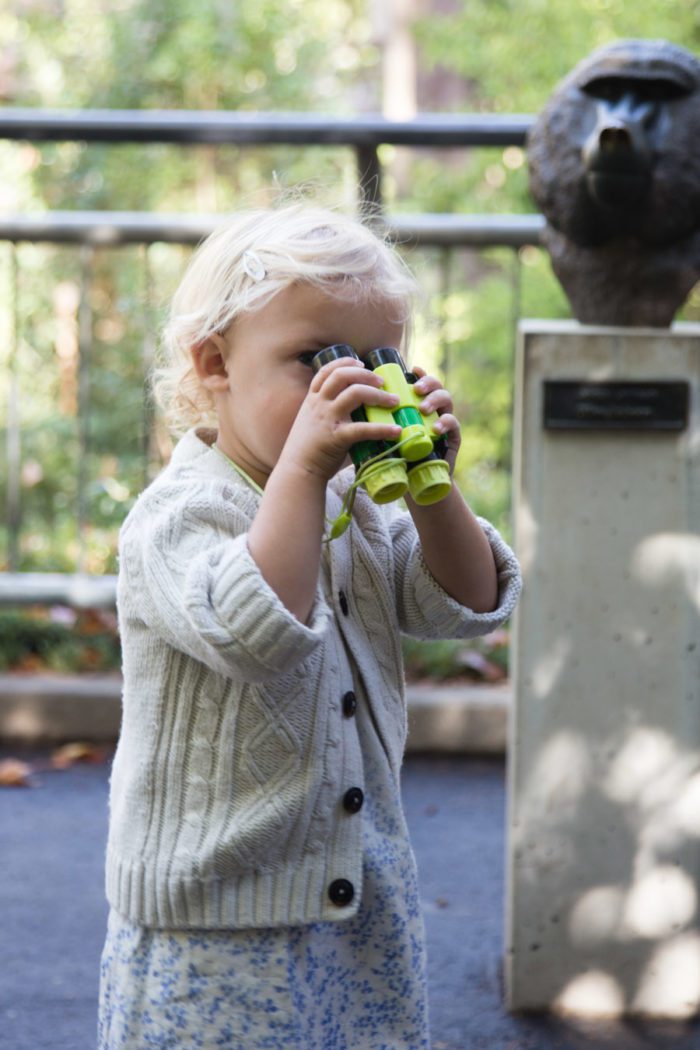
What do you think? Not just about that scenario but about any question of sharing? Do you have specific rules in your house?
P.S. That little Brio pull toy really is the best. It is so well designed: it balances and stays upright so much better than any other pull toy we’ve ever had. Highly recommended.


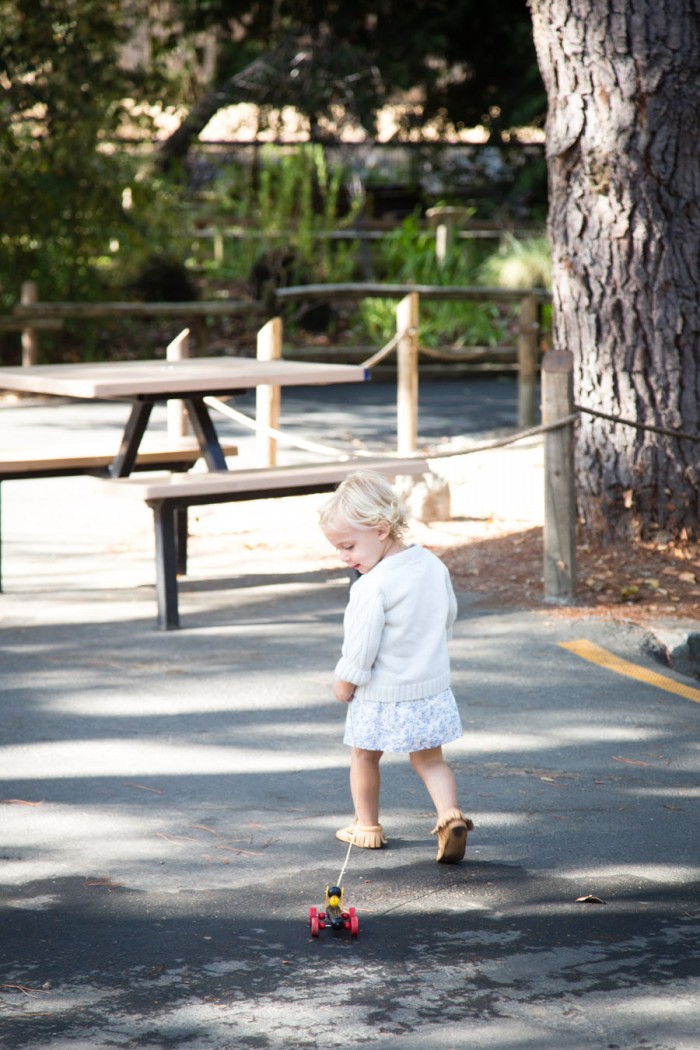
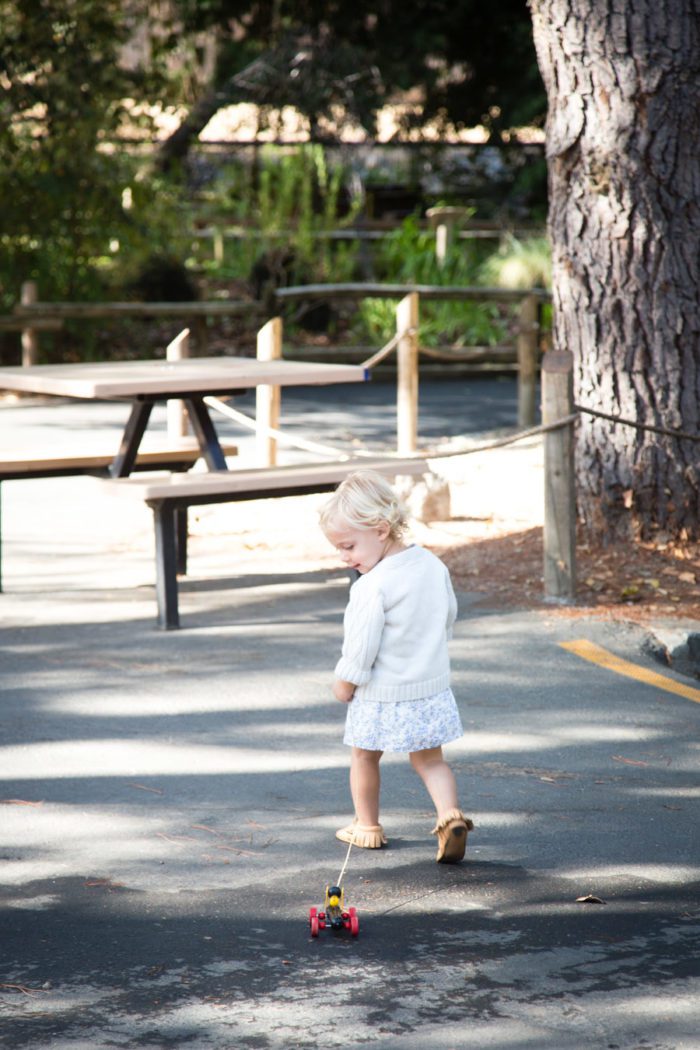


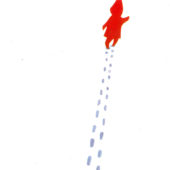
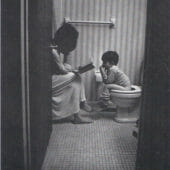





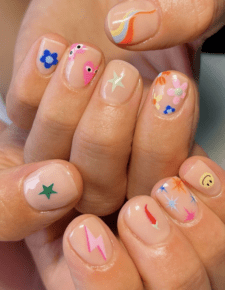









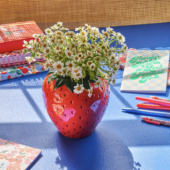





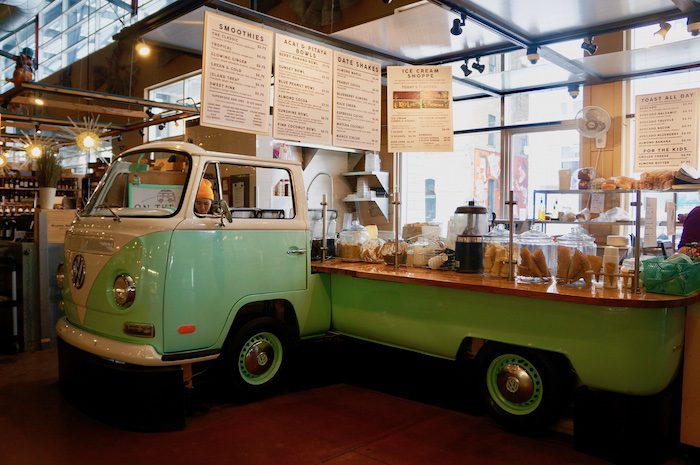









27 Comments